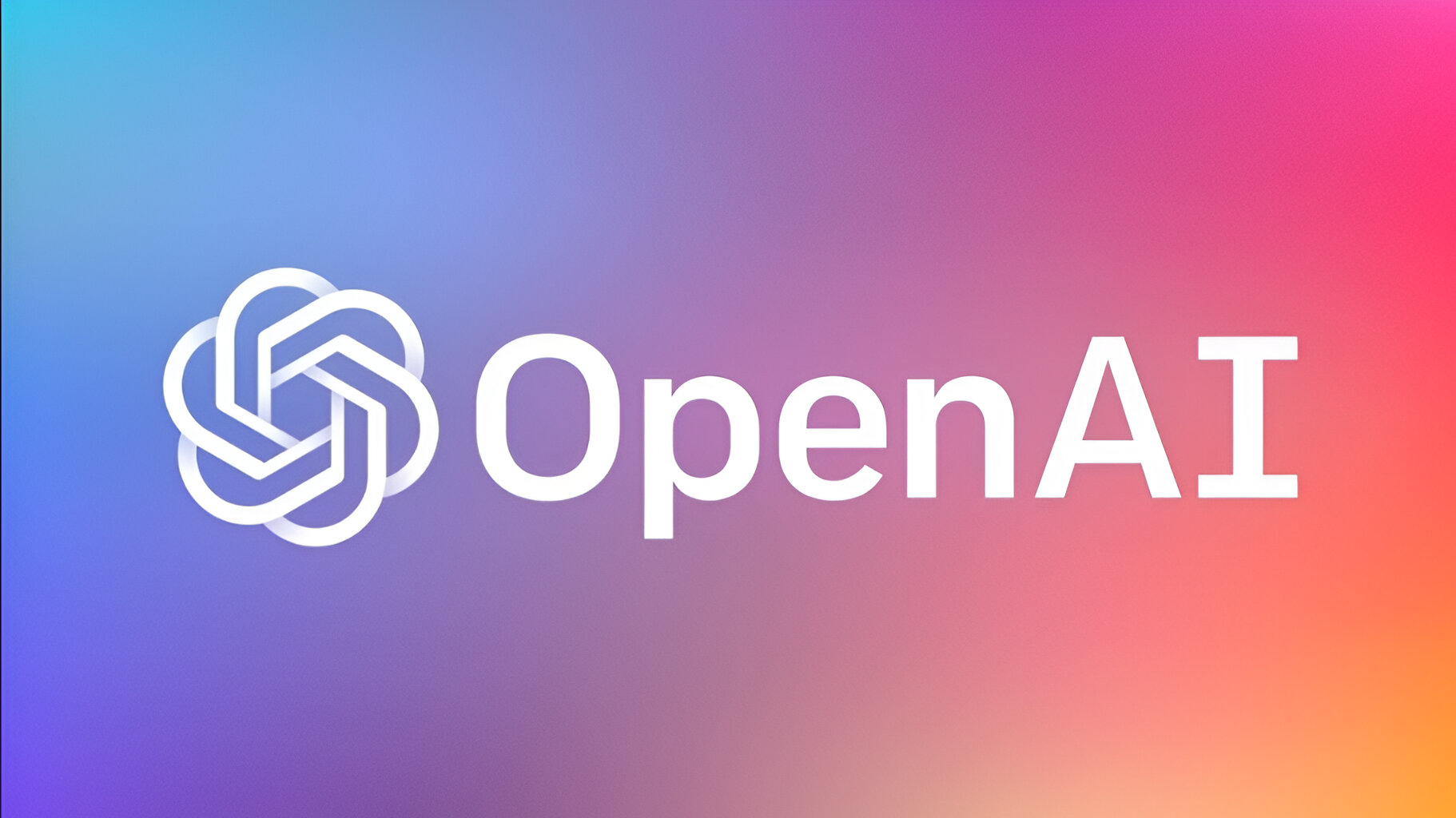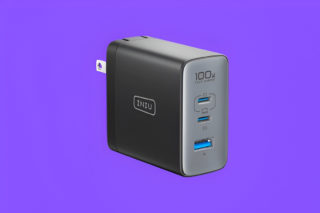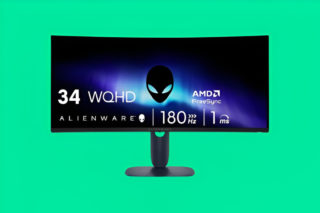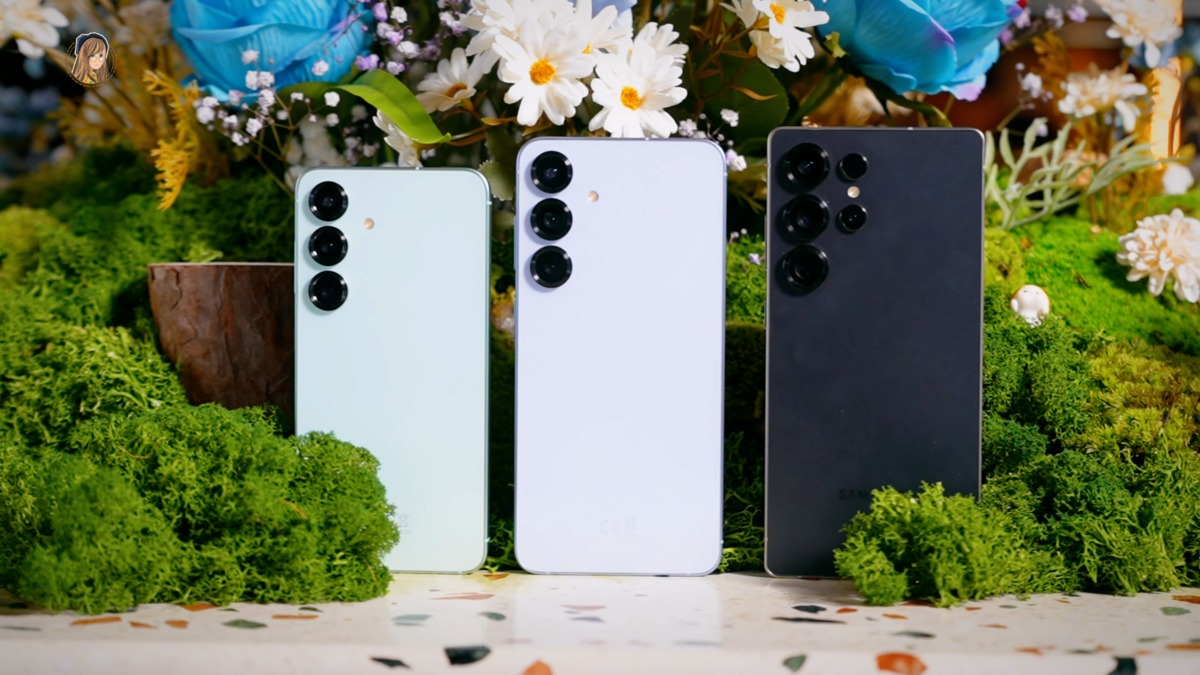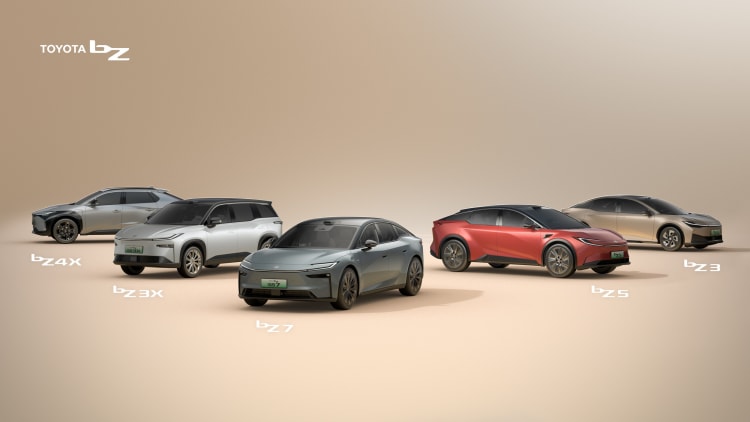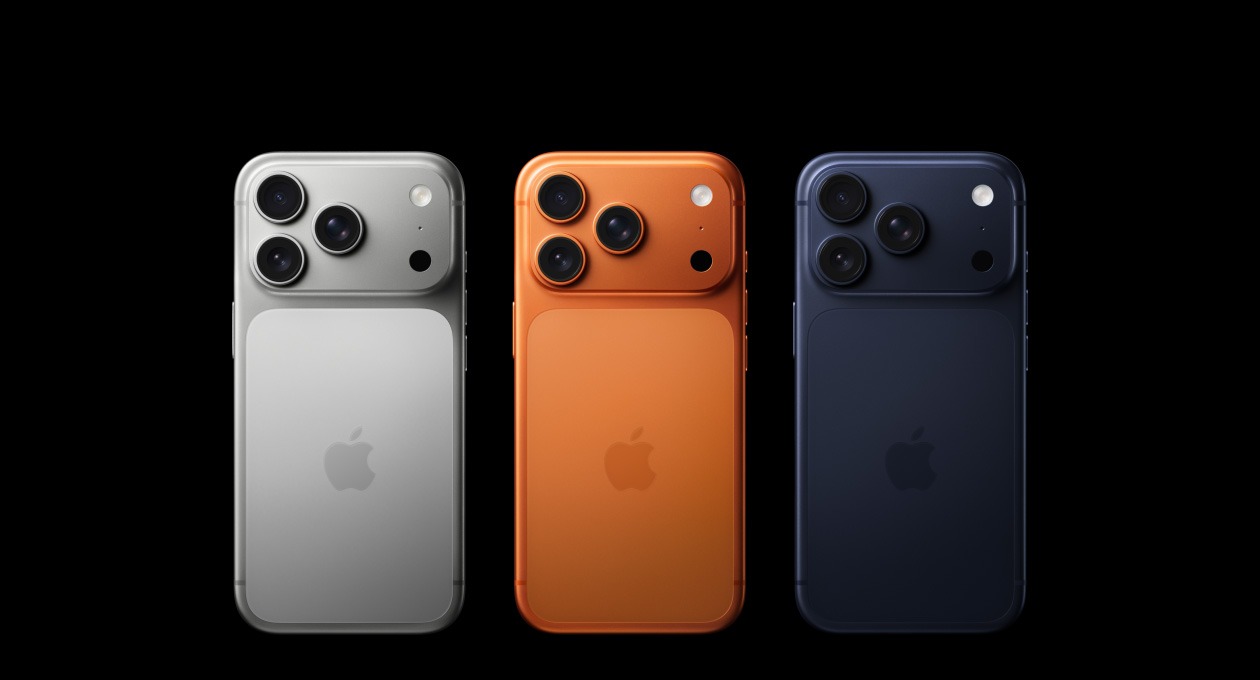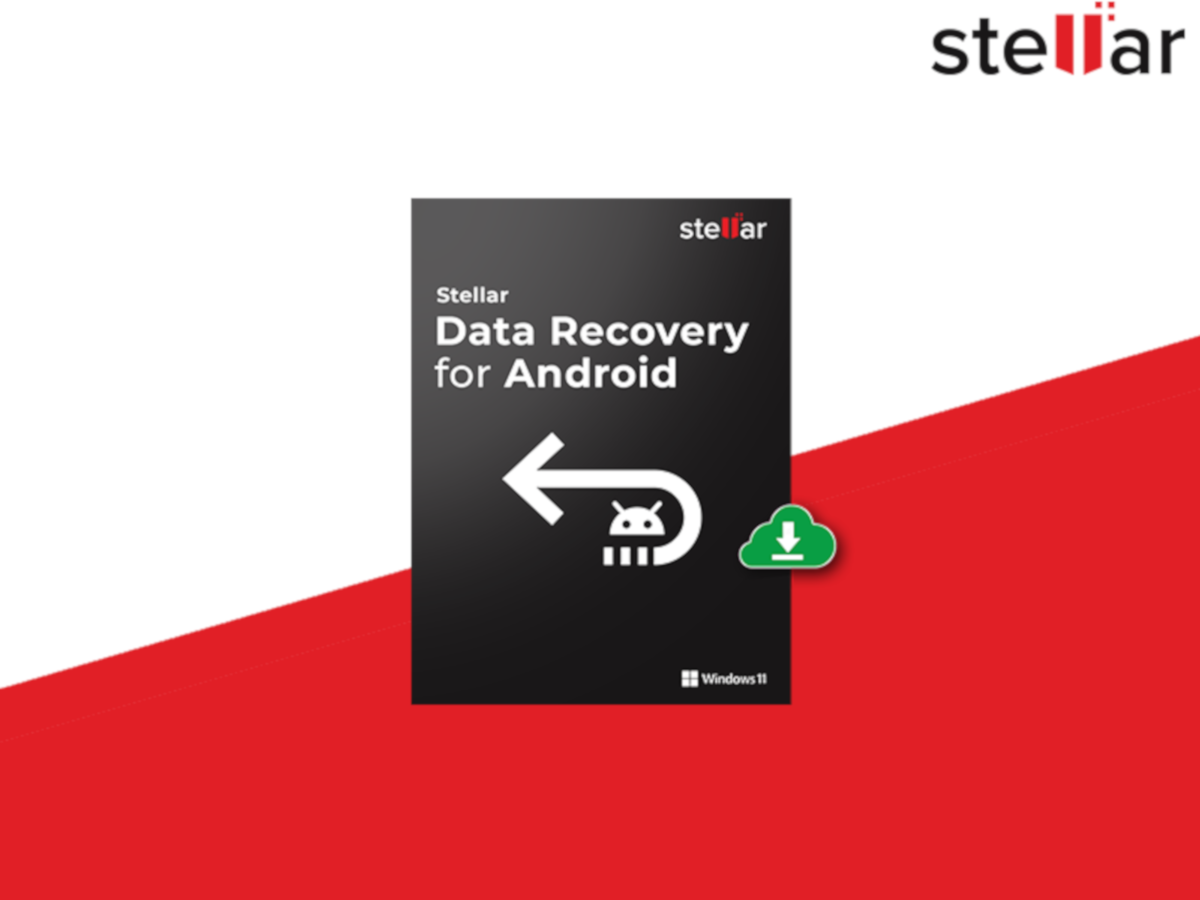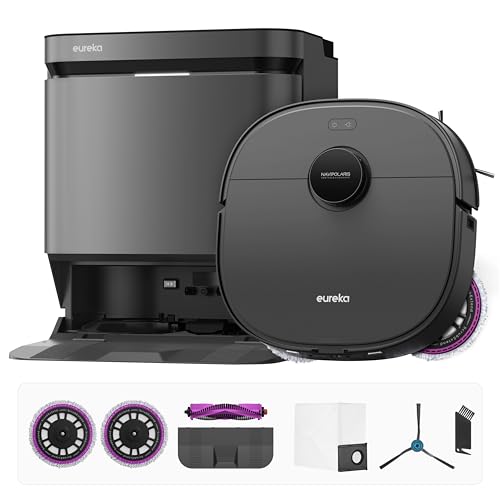OpenAI ended its exclusive relationship with Microsoft Azure and signed a computing deal with Google Cloud in May 2025, creating the most unlikely partnership in tech’s current AI arms race.
The ChatGPT maker had been exclusively tied to Microsoft Azure since 2019, but capacity constraints and surging demand pushed the company toward a multi-cloud strategy. This isn’t just corporate diplomacy—it’s a survival instinct when your business runs on compute cycles.
The Computing Hunger Games
Training GPT models requires enormous computational resources that strain even the largest cloud providers. OpenAI has recently announced partnerships with Oracle, SoftBank’s Stargate initiative, and CoreWeave as the company seeks additional computing capacity beyond what any single provider can offer, underscoring the scale and ambition behind its $500 billion AI infrastructure transformation.
When a single training run costs millions and your ChatGPT session rivals a data center’s appetite, AI breakthroughs that blur the human-machine line come at a price.
OpenAI is also developing its own AI chips with mass production targeted for next year, aiming to reduce dependence on external providers entirely. Smart move when you’re essentially renting the digital equivalent of a small country’s power grid.
Why Google Said Yes to Its Enemy
Alphabet’s stock rose 2.1% following news of the deal while Microsoft’s shares declined 0.6%, proving Wall Street loves it when tech giants prioritize profit over pride. Google’s cloud division, which represents 12% of Alphabet’s revenue, just landed its biggest client coup in years.
The irony is delicious—Google is now powering the very AI system that threatens its search monopoly. But when your rival offers billions in cloud revenue, apparently even existential threats become manageable business risks.
The Real Winner Here
Industry observers highlight the unprecedented nature of the deal and its implications for cross-rival cooperation driven by infrastructure demands. Wedbush analysts noted that the partnership demonstrates how operational necessities can override competitive barriers in the rapidly evolving AI landscape.
When even bitter enemies are willing to work together, you know the AI infrastructure demands have reached critical levels. Your ChatGPT responses just got more reliable, even if the companies providing them would rather be destroying each other in every other market segment.
The deal fundamentally shifts how we think about AI infrastructure—sometimes your biggest competitor becomes your most necessary partner.


